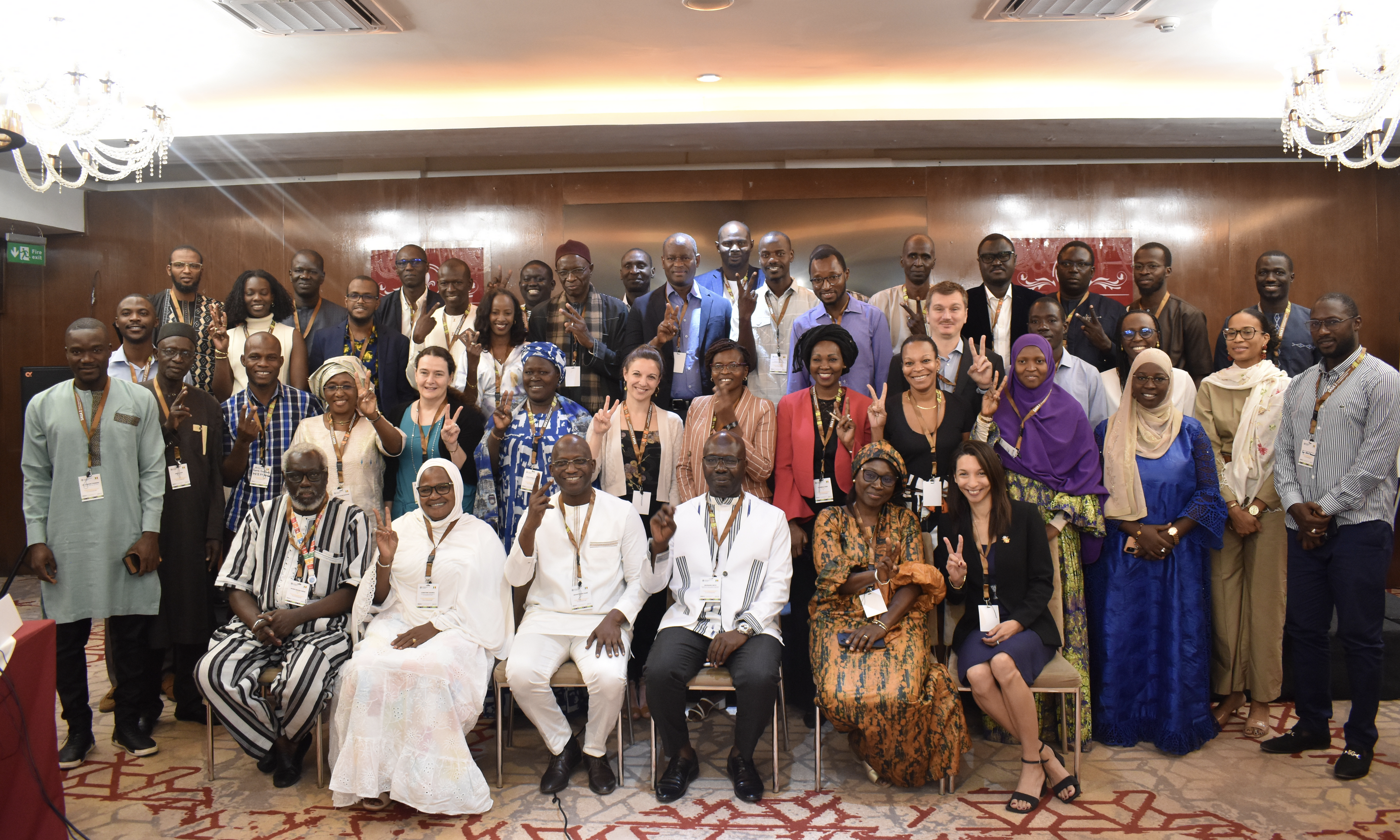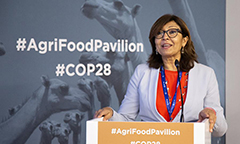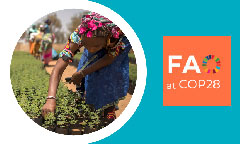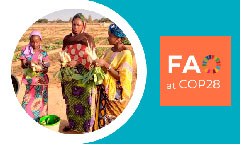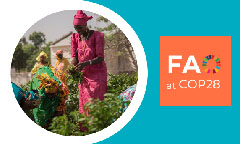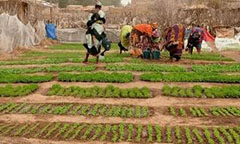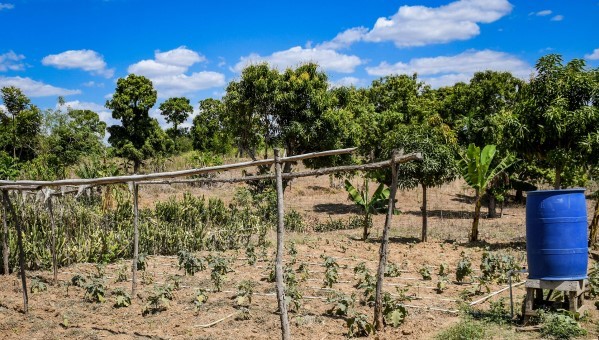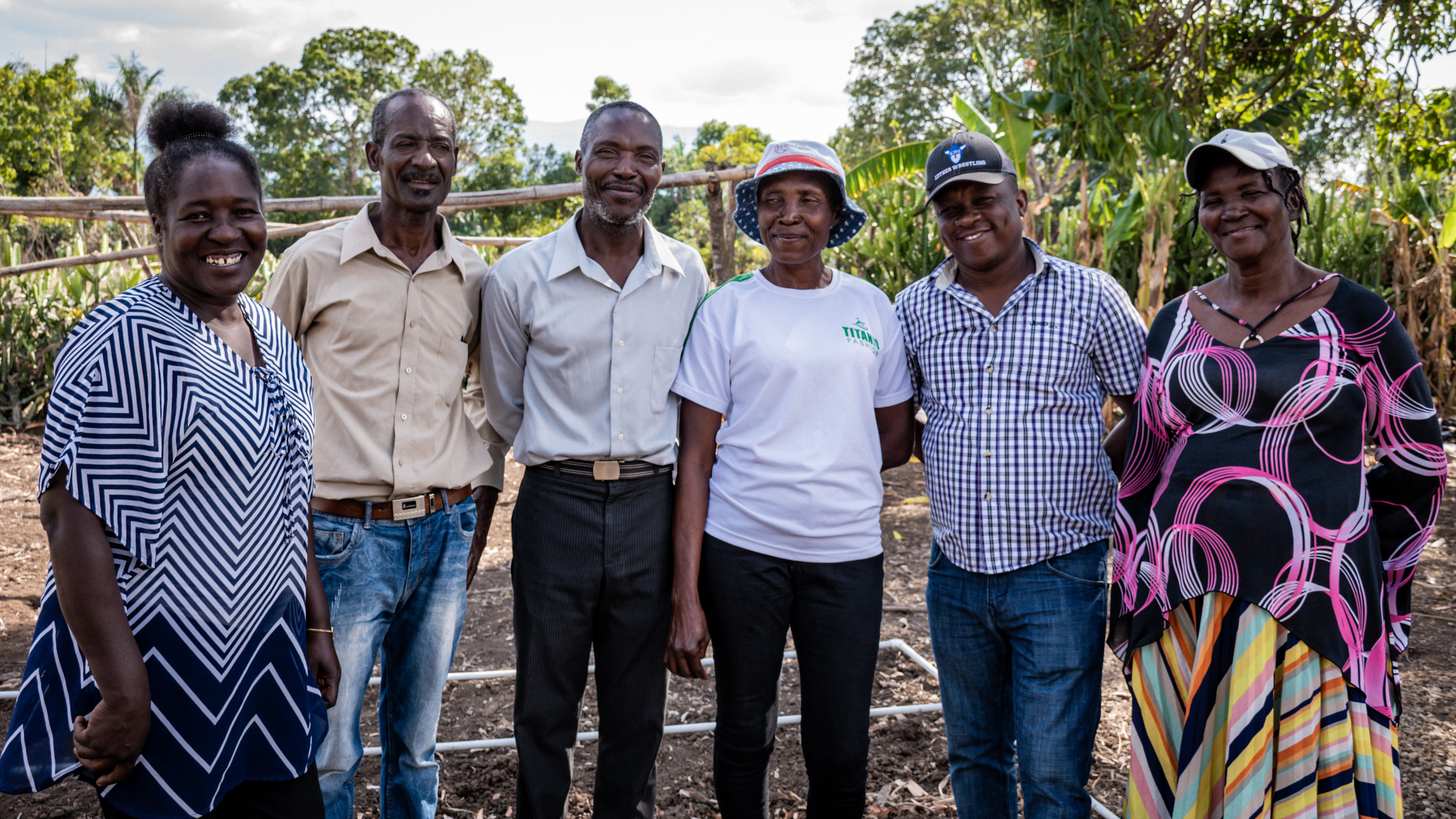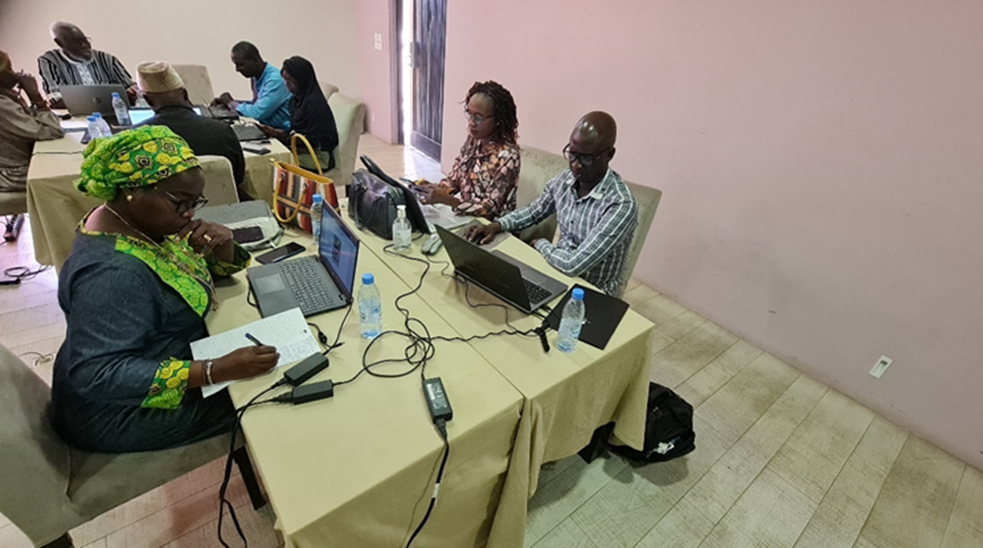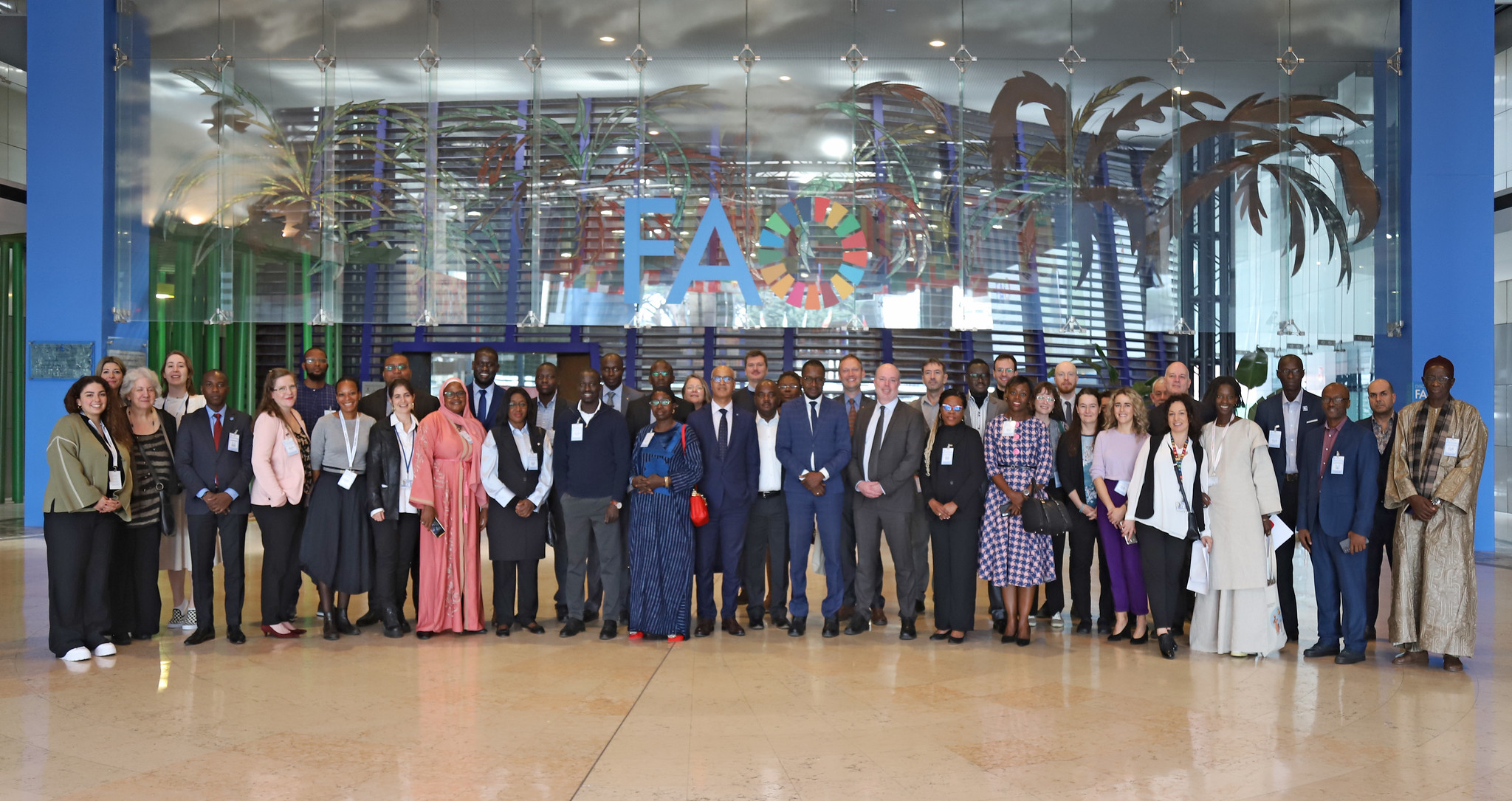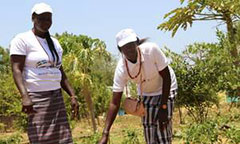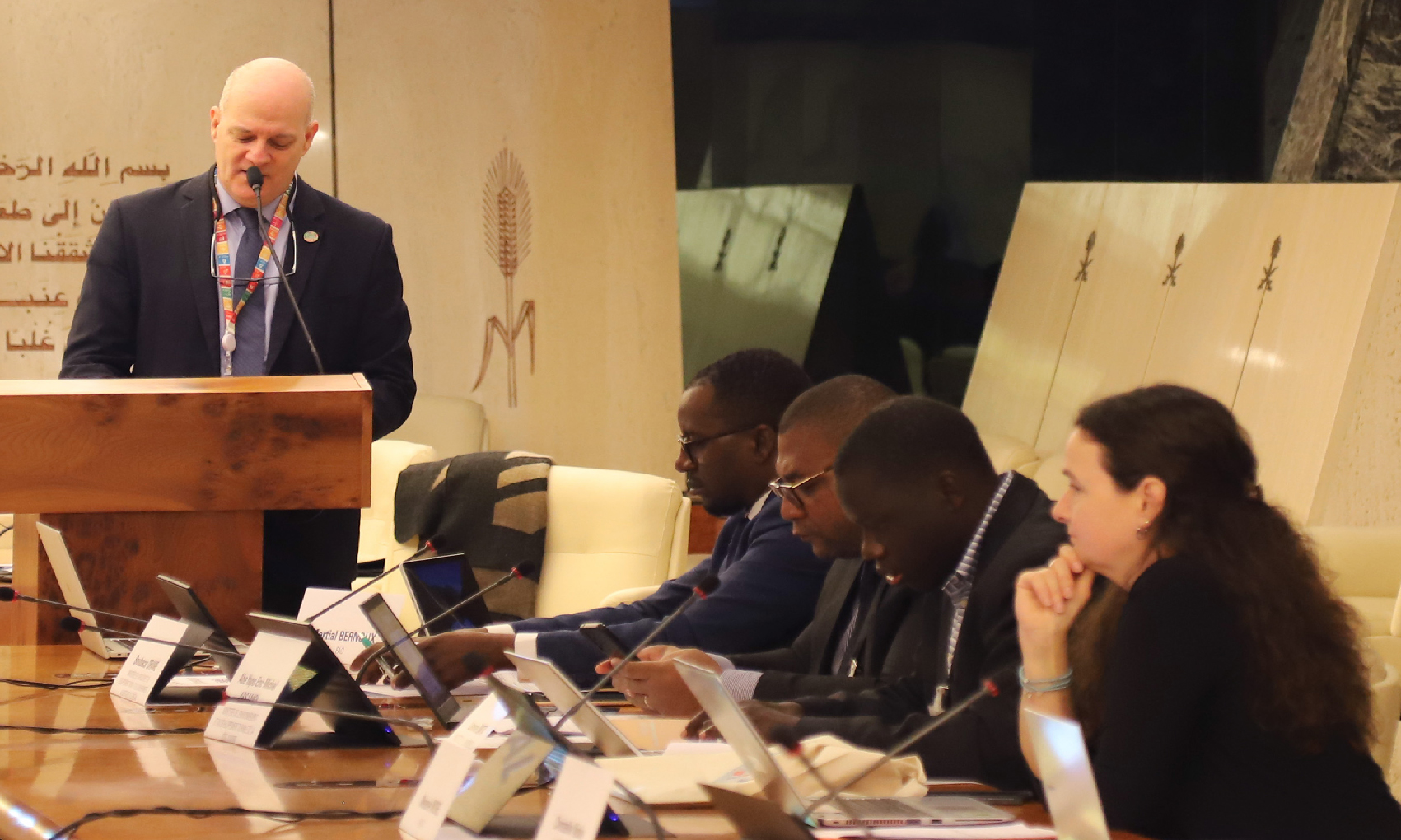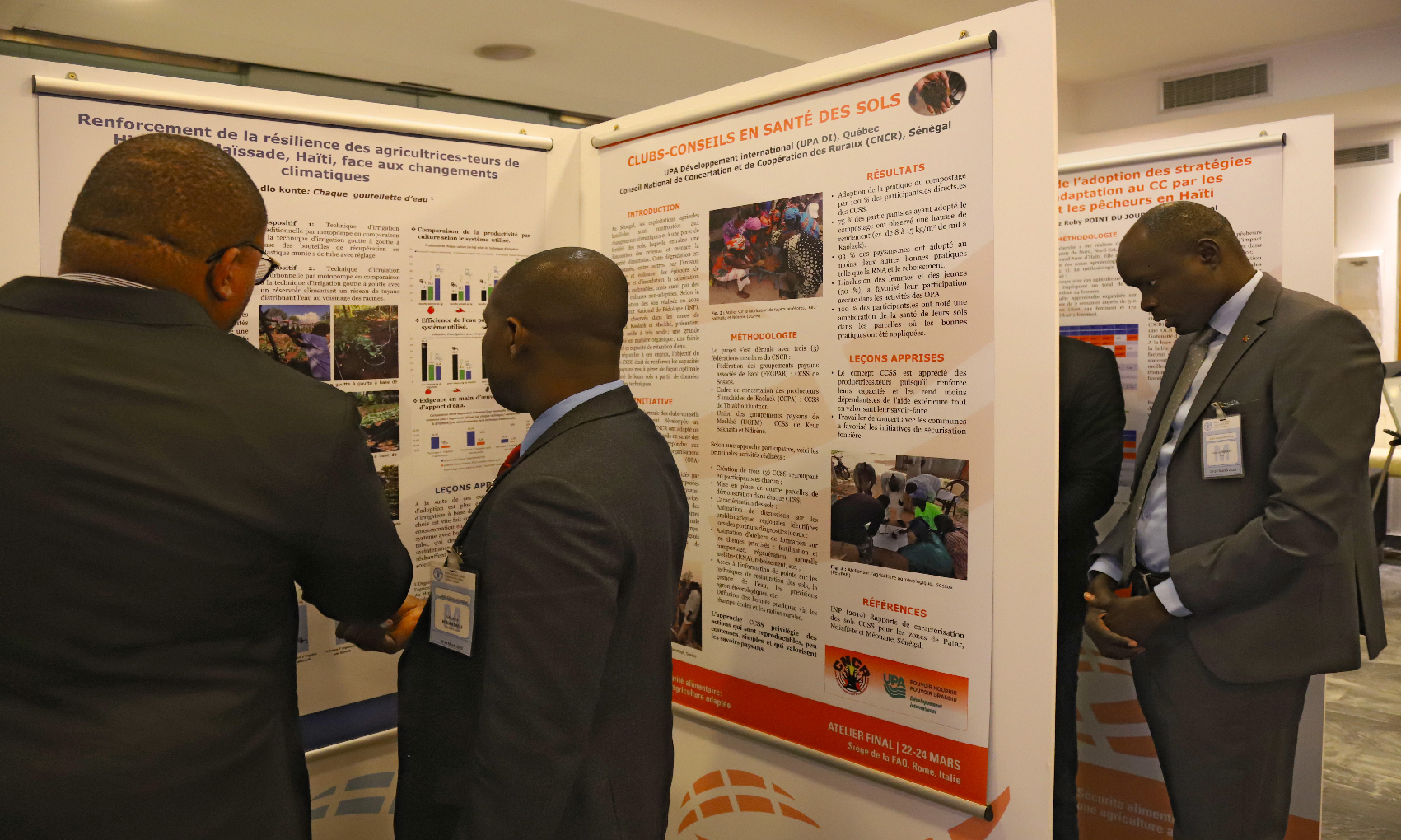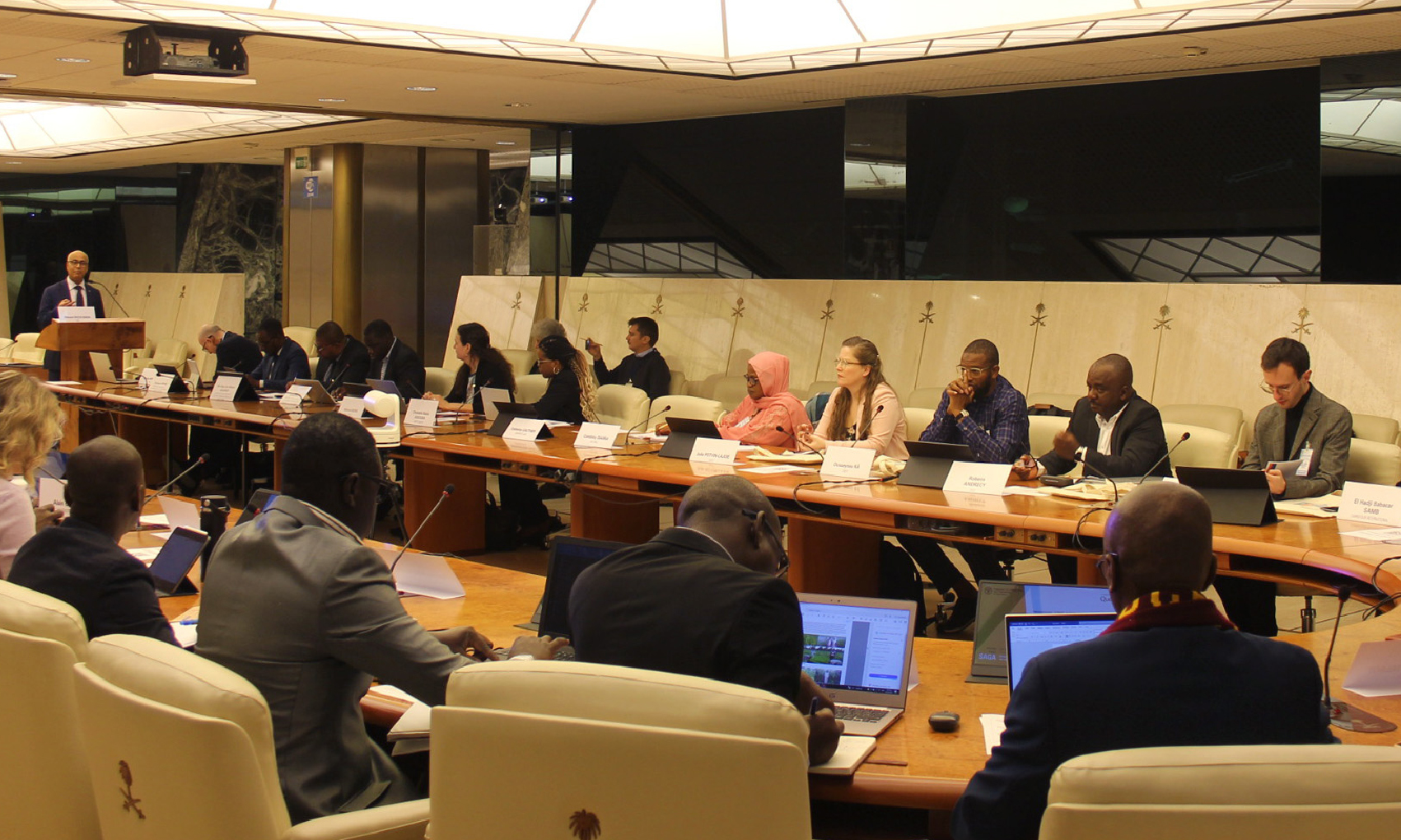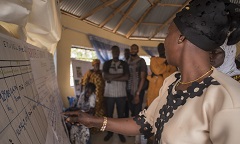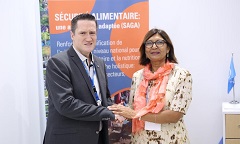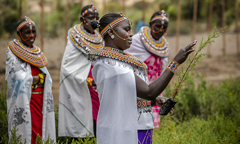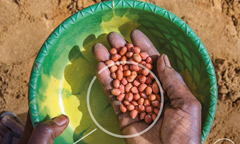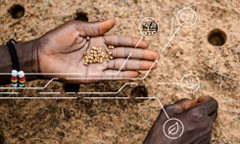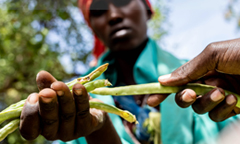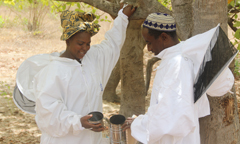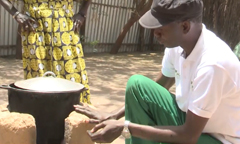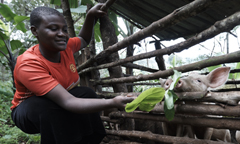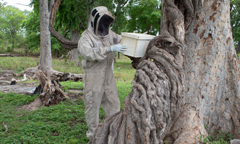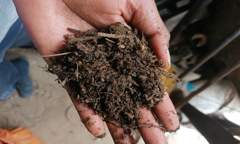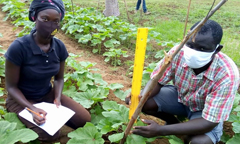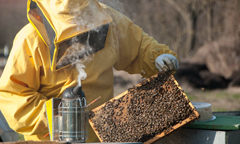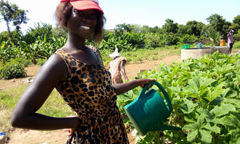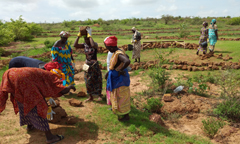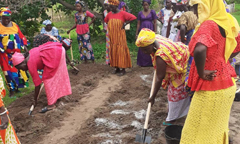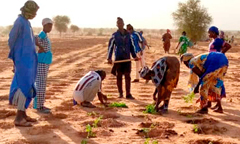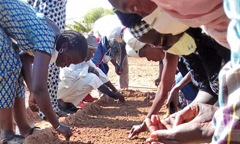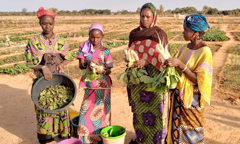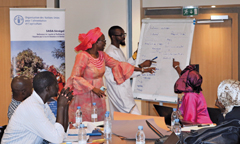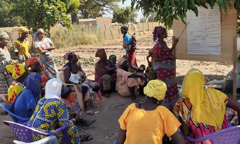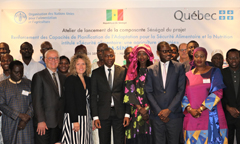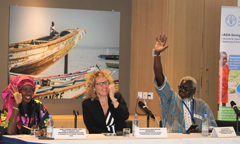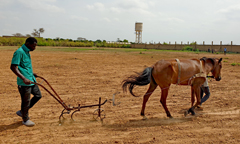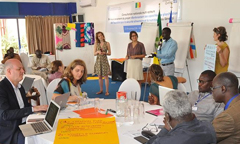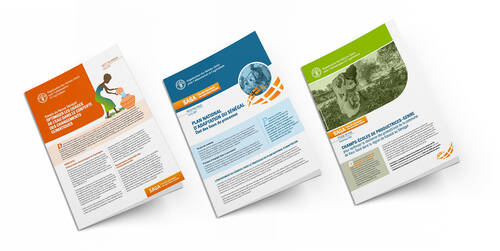What we do
FAO and the government of Quebec have joined forces with the Governments of Senegal and Haiti to support the implementation of the adaptation component of their Nationally Determined Contributions (NDCs) and the integration of agriculture in the National Adaptation Plans (NAPs) process. The SAGA project supports two Francophone Least Developed Countries (LDCs): a small island developing state (SIDS), Haiti, and a sub-Saharan African country, Senegal. In both countries, climate change poses an immediate and serious threat to food security, nutrition and livelihoods.
This project responds to the call for capacity building in adaptation planning for the most vulnerable countries to support the achievement of the goals announced in their NDCs, and to fight hunger.
Our approach
Our approach
The project builds partnerships with governmental entities, civil society organizations, and universities and research institutions at international, national and local levels, for food security and nutrition. Applying a holistic approach - multi-actor, multi-sector and, multi-scale - SAGA designs activities around four complementary components:
| Policy |
| Civil society |
| Research |
| Awareness-raising, advocacy and dialogue |
The project is an outcome of the International Symposium on Food Security and Nutrition in the Age of Climate Change that took place in Quebec in September 2017. It embodies both the government of Quebec and FAO’s wish to strengthen their collaboration in the field of climate change and the fight against hunger. Led by the Office of Climate Change, Biodiversity and Environment (OCB), SAGA will contribute to the Sustainable Development Goals (SDGs), in particular SDG-2 “Zero Hunger” and SDG-13 “Climate Action”.
Partners
Partners
The SAGA project consists of a large network of international and local partners, fully committed to the successful implementation of the project. The involvement of nine organizations for international cooperation from Quebec, in association with their national partners in Senegal and Haiti, constitute a rich network to foster fruitful cooperation.
Our partners in SENEGAL
Ministère de l’agriculture et de l’équipement rural (MAER)
Ministère de l’environnement et du développement durable (MEDD)
Agence nationale de l’aviation civile et de la météorologie (ANACIM)
Agence sénégalaise de la reforestation et de la Grande muraille verte (ANRGMV)
Association pour la promotion de la femme sénégalaise (APROFES)
Association sénégalaise pour la promotion du développement par la base (ASPRODEB)
Cadre de concertation des producteurs d’arachide de Kaolack (CCPA)
Centre d’étude et de coopération internationale (CECI)
Centre de coopération internationale en recherche agronomique pour le développement (CIRAD)
Conseil national de concertation et de coopération des ruraux (CNCR)
Consortium on Regional Climatology and Adaptation to Climate Change (Ouranos)
Coopérative agroalimentaire de la Casamance (CAC-Miel)
Fédération des associations du Fouta pour le développement (FAFD)
Fédération des groupements associés des paysans de Baol (FGAPB)
Fédération des producteurs maraîchers des Niayes (FPMN)
Groupe de recherche et d’appui aux initiatives mutualistes (GRAIM)
Institut sénégalais de recherches agricoles (ISRA)
Organisation pour la mise en valeur du Fleuve Sénégal (OMVS)
Société de Coopération pour le Développement International (SOCODEVI)
Solidarité union coopération (SUCO)
Union des Groupements Paysans de Meckhé (UGPM)
Université Cheikh Anta Diop de Dakar
UPA Développement international (UPA DI)
Our partners in HAITI
Ministère de l’environnement (MED)
Ministère de l’agriculture des ressources naturelles et du développement rural (MARNDR)
Centre d’étude et de coopération internationale (CECI)
Publications
Books, case studies, technical notes, policy briefs, key documents and meeting reports about the activities of the SAGA project in Senegal and Haiti. Discover more.
Contacts
Martial Bernoux, Senior natural resources officer and NEST Team coordinator (OCB, FAO)
[email protected]
Awa Mbodj, Climate change consultant (OCB, FAO)
[email protected]
Alessandro Spairani, Programme officer (OCB, FAO)
[email protected]
JOIN THE SAGA COMMUNITY: [email protected]

